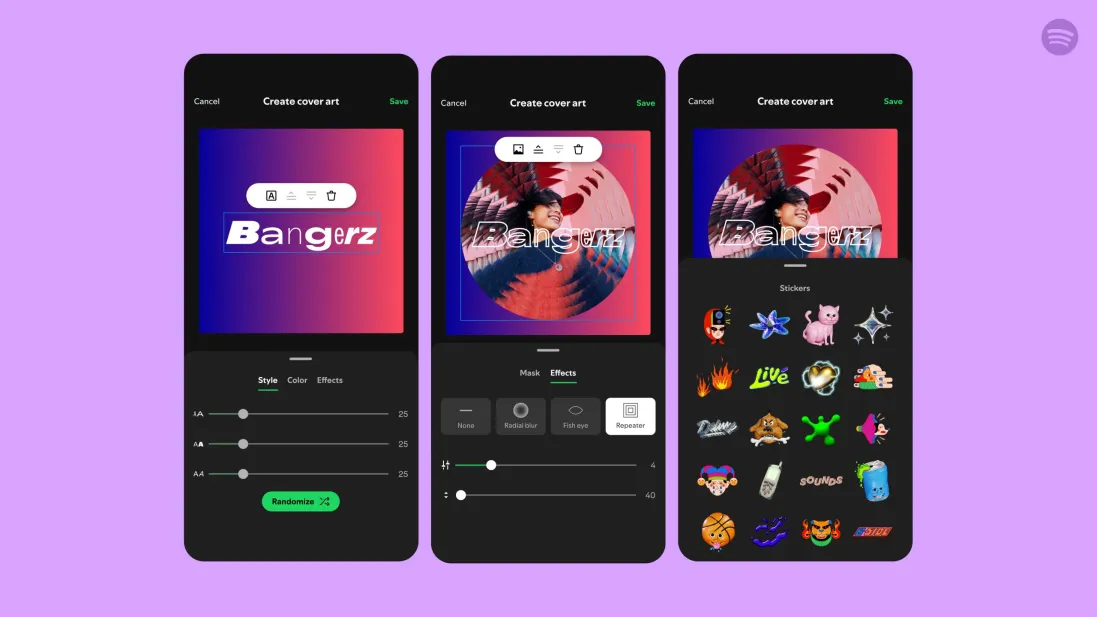Hopefully everybody in their lives will apply to a job at least once. Whether it is an employee at a fast food restaurant or a cashier at a grocery store, the apple of everyone’s eyes and the purpose of pushing themselves through nasty customers is for money. Everything costs money, and with the economic increase of the world it means that people want jobs–fast. This should also mean employers should be happy since they get a variety of capable applicants to sift through and choose, unless no one gets a call back at all. There are many factors to why someone may not be hired, such as age.
Jobs do not want inexperienced or younger people to hire because of the restrictions and inability to stretch them out. With most young people still in school, it makes it hard to have someone to drop everything and work when they are caught in school–making the flexibility quite limited. This also leads to another factor that comes hand in hand and that has no experience working. If jobs do not want to hire younger people then the applicants can not build up the unspoken requirement that is experience. A way to better persuade employers is by adjusting the resume to make it look like there was experience built up to more mundane chores such as taking care of siblings to show responsibility.
Another reason why people are not getting hired is because of the ruthless competition. Both young and old people are out job hunting, making the desire to be hired much more difficult. One of the better ways to steal a job is by having someone already familiar with a job to recommend you. Employers are more likely to hire someone if it comes from somebody that is already working there and is trusted.
Or maybe it is not the applicant’s fault, and that it could be the employer’s end for not calling back. Although, it is not necessary for jobs to answer back every single application and send a formal rejection–the best way to handle rejection is to take from failures and use it as a new way to learn and do better next time.
























